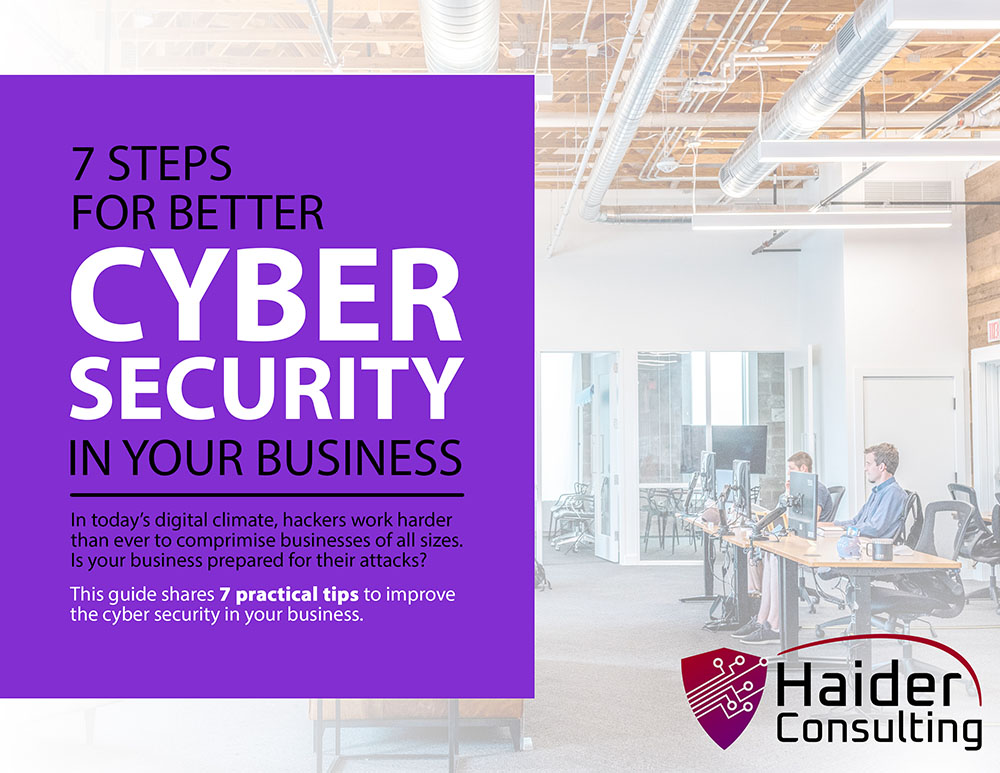Browser extensions are like apps for your web browser, and they’re everywhere. Google Chrome alone has over 176,000 of them! They can do all sorts of things to make browsing better, like blocking ads or managing your passwords.
But, even though they’re super useful, they can also be risky. They might threaten your online safety and privacy.
In this article, we’re going to talk about why browser extensions can be risky, what the pros and cons are, and how you can stay safe while using them.
The Convenience and Risks of Using Browser Extensions
Extensions can make your browser do almost anything you want, which is really helpful. Password managers, for example, often use a browser extension, which helps you create and remember strong passwords in a secure way.
But, the fact that they’re so easy to add to your browser is also a problem. It means there’s a chance they could cause security problems.
As we consider the pros and cons of browser extensions, it’s important to recall that convenience comes with some risks. So next, we’ll look at how they can be dangerous, and how to enjoy their benefits without putting yourself at risk.
The Main Dangers of Browser Extensions
Privacy Problems
A lot of browser extensions ask for a lot of access. If they’re not set up right, they can mess with your privacy settings. They might look at your browsing history or even watch what you type. Some extensions may even do more than they’re supposed to, collecting your private info without permission.
People often say yes to these permissions without really checking what they’re agreeing to. This can accidentally give away personal information to people who shouldn’t have it.
Dangerous Extensions
While many extensions are made to help you, some are created to cause harm. These bad extensions can have code in them that takes advantage of users to make money or do other harmful things. They might fill your browser with ads you don’t want, keep track of what you do online, or even put viruses on your computer.
These harmful extensions can be tricky because they often look like the good ones, making it hard for you to tell them apart.
Old or Forgotten Extensions
Extensions that don’t get updated or are left without any upkeep are a big security risk. They might have weak spots that hackers can use to break into your browser and maybe even your whole computer. If these extensions aren’t getting regular updates to fix these problems, they can make your online safety weaker.
Tricky Extensions That Steal Info
Some other bad extensions try to trick you into giving away your private information. They do this through phishing and social engineering tricks.
For example, they might make a fake login page or copy the look of well-known websites to fool you. When you think you’re safe, you might end up giving away your usernames, passwords, or other private details without realizing it.
Slowing Down Your Browser
Some extensions can really slow down your browser. This might be because they’re not made very well or they have too many extra features that aren’t needed.
This can make browsing the internet a frustrating experience. It can also cause your computer to run slower, crash, or freeze up. Even though an extension might seem useful at first, it could end up making things worse by slowing everything down.
How to Stay Safe with Browser Extensions
So now we know the pros and cons of browser extensions, but how do we minimize the risks?? Here’s our list of 8 tips to get you started.
1. Only Use Official Stores
Always download extensions from the official stores linked to the browser you’re using (like Google Chrome or Microsoft Edge). These places have strong security checks, which means there’s a smaller chance of downloading something harmful.
2. Check Permissions Before You Install
Before you add any extension, look closely at what permissions it’s asking for. If it wants to access stuff that doesn’t seem related to what the extension is supposed to do, that’s a red flag. Try to give it only the permissions it really needs to work.
3. Update Your Extensions
Always keep your browser extensions up to date. Developers often release updates to fix security issues or improve the extension’s safety. If an extension doesn’t get updates anymore, it might be time to look for a new one that does.
4. Don’t Have Too Many Extensions
It might seem useful to have lots of extensions for different things, but having too many can make your browser less secure. Only keep the extensions you really need. Every now and then, check what extensions you have and remove the ones you don’t use.
5. Use Security Programs
Having good antivirus and anti-malware programs on your computer can help protect you from harmful extensions. These programs can spot and get rid of dangers that might slip past the security of your browser.
6. Learn About Extension Risks
Know the dangers that come with browser extensions. Understand what permissions mean and the kind of problems bad software can cause. Learning about these risks helps you keep your browser safe.
7. Tell Someone About Sketchy Extensions
If you find an extension that seems off, tell someone about it. Report it to the place where you got the extension and also to your computer’s IT team if you have one. This helps the people who make browsers keep everyone safer by dealing with the problem quickly.
8. Check Your Extensions Often
Make it a habit to look over the extensions you have. Get rid of any that you don’t need or that could be dangerous. Keeping only the extensions you really need makes your browser safer and faster.
Get Help with Online Cyber Security
Browser add-ons are just one way your or your team’s online activities might risk your computer’s safety. Staying safe online involves many steps, like guarding against scams and protecting your devices.
Don’t be unsure about how safe you are. We can check how well you’re protected online and suggest ways to improve it.
Call us now to talk about how we can help.
Book My 17-Minute Call





